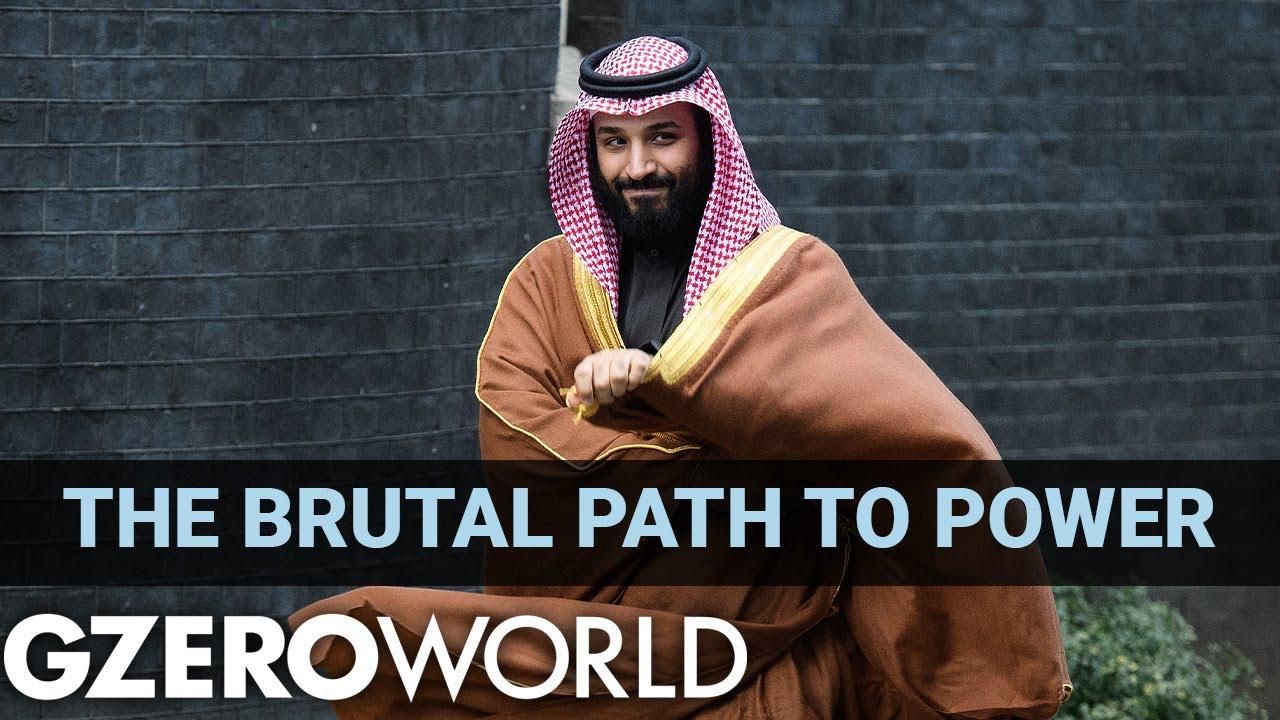GZERO World Clips
How MBS consolidated power in Saudi Arabia

How MBS Consolidated Power in Saudi Arabia | US Alignment on Core Strategic Interests | GZERO World

What sets Saudi Crown Prince Mohammed bin Salman, better known as MBS, apart from other autocrats who've risen to power in recent years?
He's consolidated power by "emasculating" his own family, including America's pick to succeed his dad, says Bernard Haykel, a professor at Princeton University and MBS confidante.
The effort "was extremely brutal and messy at times," he tells Ian Bremmer on GZERO World.
On the heels of the US president's recent trip to Saudi Arabia, Haykel thinks that even if there's no love lost between Joe Biden and MBS, America needs a "status quo power" like the kingdom in the region to defend US core strategic interests.
In this Quick Take, Ian Bremmer addresses the killing of Alex Pretti at a protest in Minneapolis, calling it “a tipping point” in America’s increasingly volatile politics.
Who decides the boundaries for artificial intelligence, and how do governments ensure public trust? Speaking at the 2026 World Economic Forum in Davos, Arancha González Laya, Dean of the Paris School of International Affairs and former Foreign Minister of Spain, emphasized the importance of clear regulations to maintain trust in technology.
Will AI change the balance of power in the world? At the 2026 World Economic Forum in Davos, Ian Bremmer addresses how artificial intelligence could redefine global politics, human behavior, and societal stability.
Ian Bremmer sits down with Finland’s President Alexander Stubb and the IMF’s Kristalina Georgieva on the sidelines of the World Economic Forum to discuss President Trump’s Greenland threats, the state of the global economy, and the future of the transatlantic relationship.